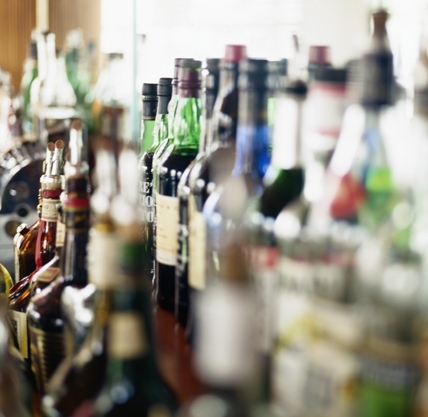
A brief summary of current research.
Adams, R, Larson, MJ, Corrigan, JD, Horgan, CM, Williams, TV (2012). Journal of Head Trauma Rehabilitation: Vol. 27(5), pp 349–360.
To determine whether combat-related traumatic brain injury is associated with post-deployment binge drinking, researchers surveyed more than 7,000 soldiers. TBI was strongly linked with binge drinking after controlling for other conditions such as PTSD and combat exposure. In this study, frequent binge drinking was defined as having five or more drinks on the same occasion, at least once per week, in the past 30 days.

Comments (1)
Please remember, we are not able to give medical or legal advice. If you have medical concerns, please consult your doctor. All posted comments are the views and opinions of the poster only.
Anonymous replied on Permalink